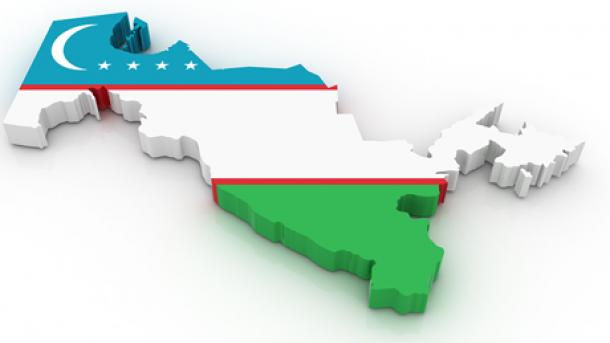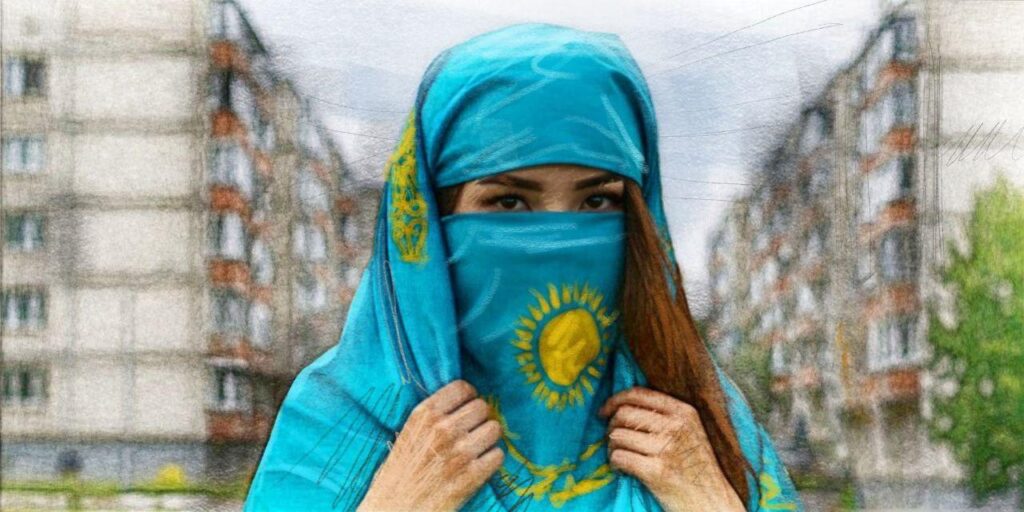TASHKENT (TCA) — City police in Uzbekistan’s capital Tashkent are rejecting claims that dozens of men with beards were detained and forced to shave because they were practicing Muslims, saying the men were held during a raid to find suspects selling stolen mobile phones, RFE/RL’s Uzbek Service reported.
The police said in a statement late on August 27 that “nobody was forced” and that police “never will force anyone to shave.”
The police added that some of the men had beards and were recommended to shave them off so that their faces could look the same as on their biometric passports for security reasons.
According to police, advanced security cameras in public places have information about Uzbek citizens based on data added to their biometric passports, where the majority of Uzbek men have their pictures taken without beards, eyeglasses, or hats.
“Some [temporarily detained] citizens were recommended to bring their appearances to the similarity with their pictures in their biometric passports. Practically all of them accepted the recommendation with understanding,” the statement said, adding that the raid last week had nothing to do with efforts against radical Islam.
Some men who were detained by police at the Malika market in Tashkent on August 23 have complained that they were forced to shave off their beards after being brought to the police station.
Since coming to power in 2016, President Shavkat Mirziyoyev has taken modest steps to relax restrictions on religious freedom in the predominantly Muslim country. But religion in Uzbekistan remains strictly regulated by authorities.
The government reportedly continues to bar the wearing of the Islamic hijab in schools and offices. A 1998 law prohibits the wearing of religious clothing in public, with the exception of religious figures.
There have also been frequent reports of police singling out men with long beards, a campaign presented by officials as an effort to combat radical Islam in Central Asia’s most populous nation of 30 million, which has deep Islamic roots and traditions.









